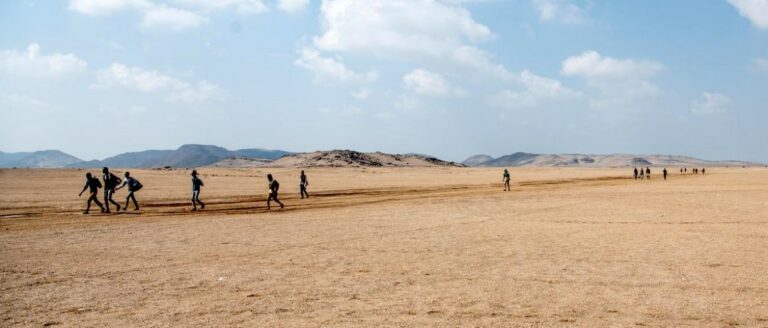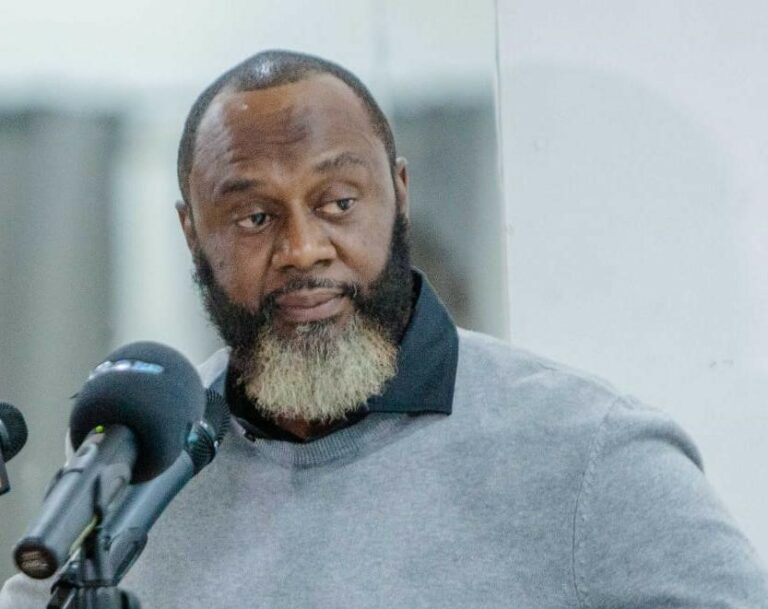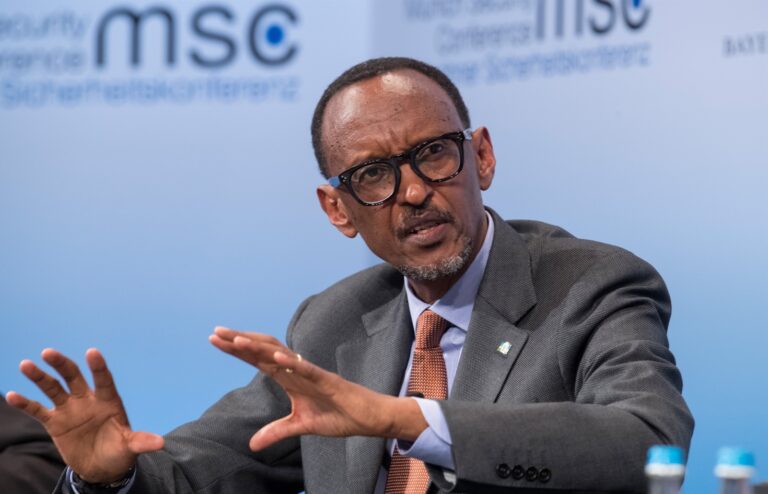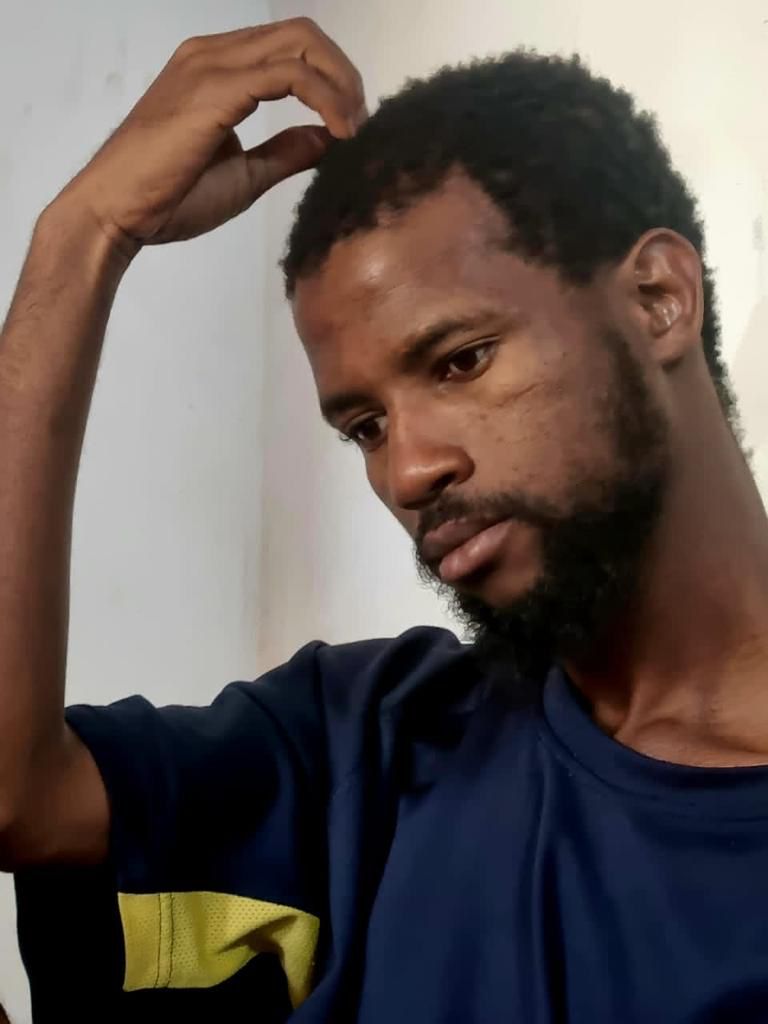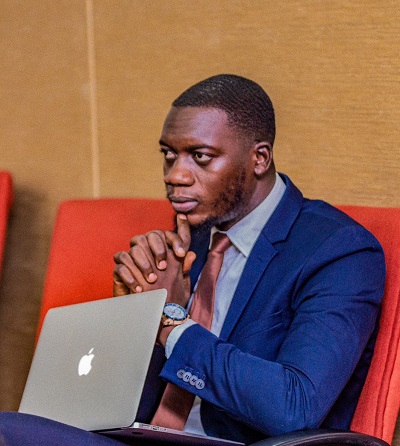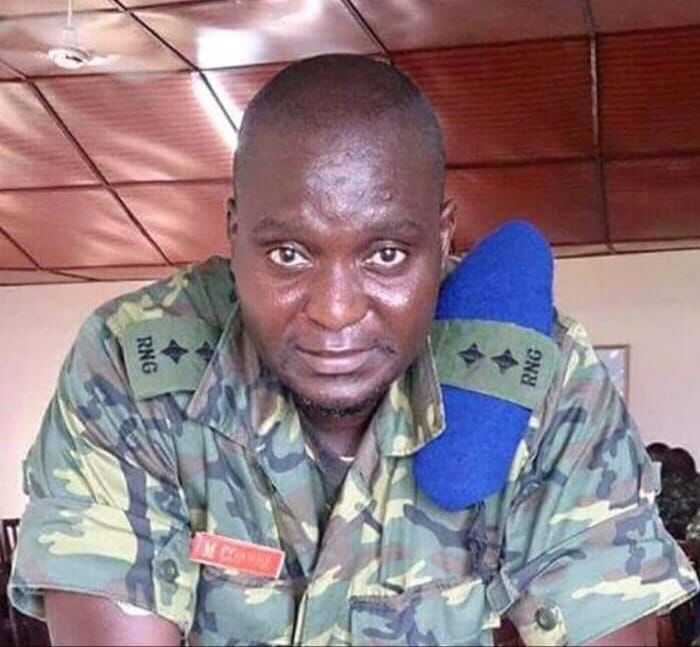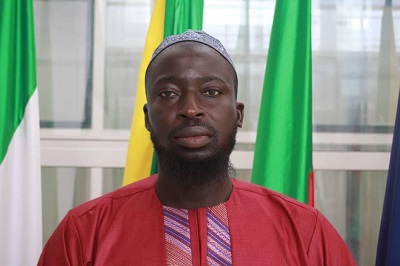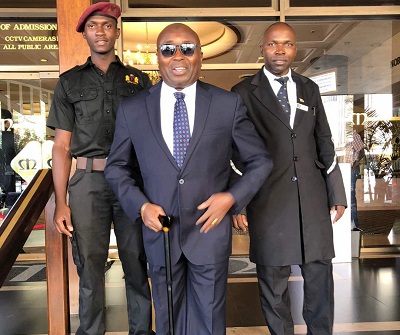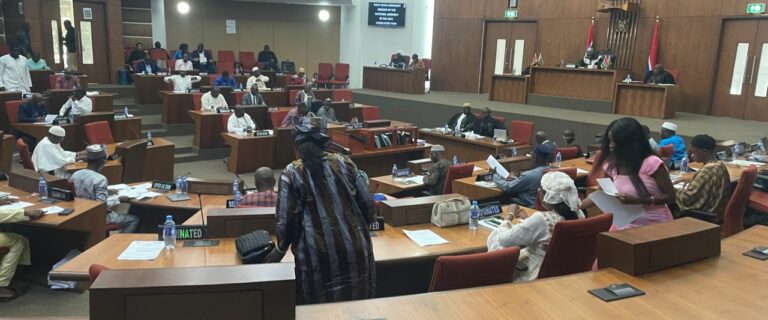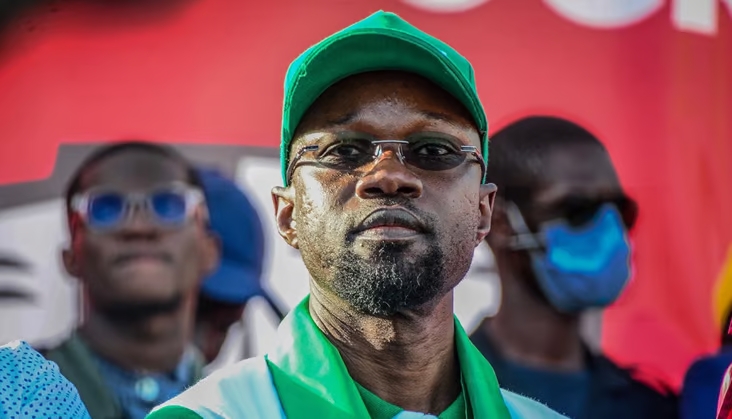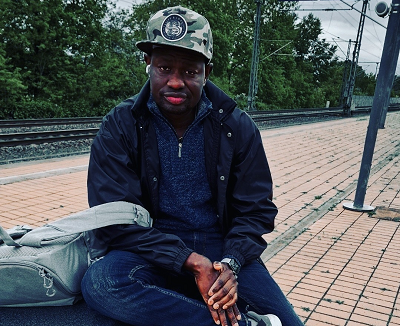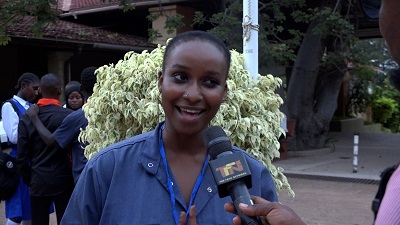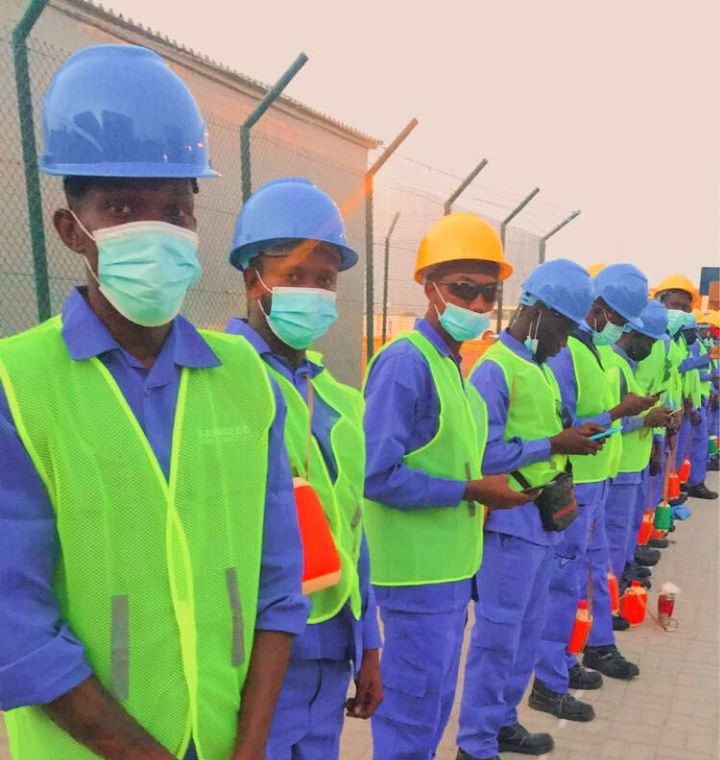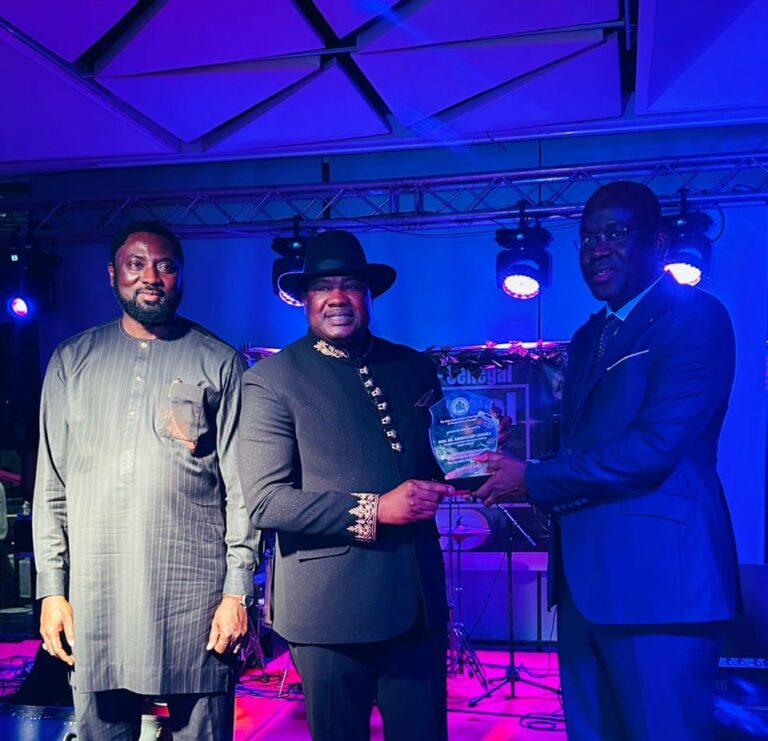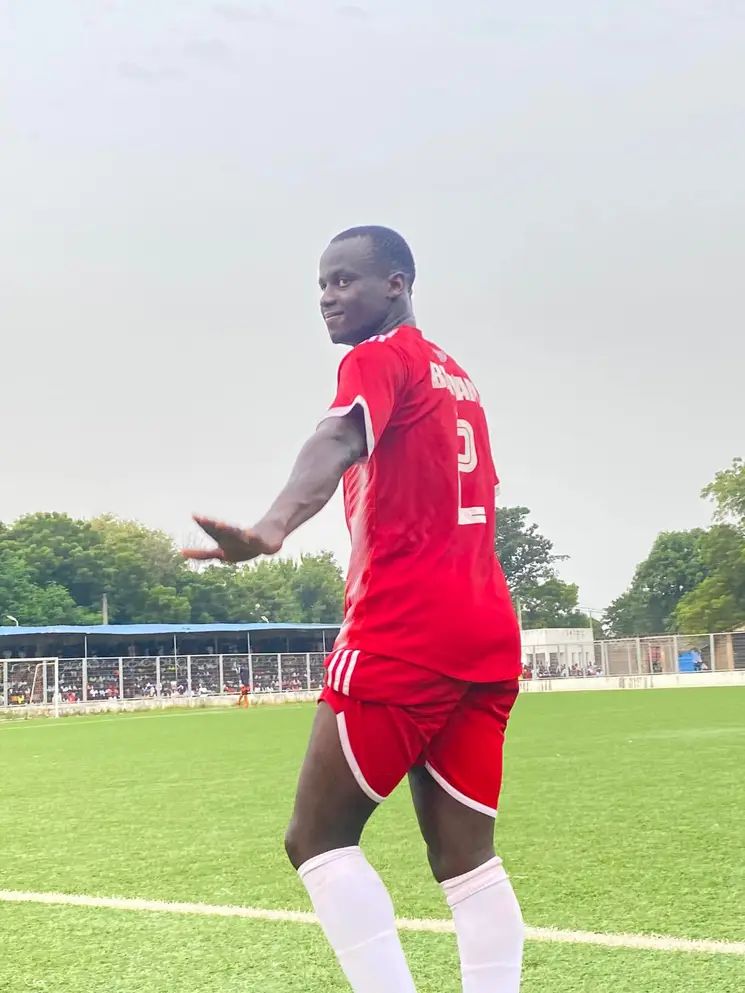San Francisco and Geneva, November 2nd, 2023
Michael Correa, an alleged member of former Gambian dictator Yahya Jammeh’s notorious “Junglers” death squad, is scheduled to stand trial in Denver, Colorado, starting September 16, 2024. Correa faces charges of torture and conspiracy to commit torture. The historic trial is a major step towards truth and justice for Gambian victims and the first ever trial in the United States based on the principle of universal jurisdiction.
Former Gambian president Yahya Jammeh ruled the country with an iron fist between 1994 and 2016. During these years, the Gambian population suffered widespread human rights violations, including torture, enforced disappearances, extrajudicial killings, and sexual violence. Defendant Michael Correa is alleged to be a member of the “Junglers” death squad, a paramilitary unit set up by Jammeh. Correa allegedly participated in the torture of several individuals in March and April 2006.
Correa was arrested in September 2019 in the United States for immigration violations. A coalition of NGOs called on US law enforcement to investigate Correa for torture as well. In June 2020, he was indicted on one count of conspiracy to commit torture and six counts of torturing specific individuals. He pled not guilty to these charges.
This case is brought under the US torture statute under the principle of extraterritorial jurisdiction. The statute allows the US government to prosecute anyone found in the United States, regardless of their citizenship, for torture committed outside of the United States.
“The prosecution of Michael Correa is welcome, but similar prosecutions have been rare in the United States. In fact, this is only the third prosecution to move forward to trial under the Torture Act, which was enacted almost 30 years ago, and only the first against a foreigner. To ensure that the United States is not a safe haven for those who commit atrocities abroad, the United States must make better use of the universal jurisdiction tools at its disposal,” said CJA Senior Staff Attorney Ela Matthews.
At the time of his indictment, Correa was the first individual to face criminal investigations outside The Gambia for atrocities committed during the Jammeh regime. Since then, two other universal jurisdiction cases have moved forward. In March 2022, Bai Lowe, another alleged member of Jammeh’s Junglers, was indicted in Germany for crimes against humanity. He is currently on trial. In Switzerland, former Gambian Interior Minister Ousman Sonko is scheduled to stand trial for crimes against humanity in early 2024.
Benoit Meystre, Legal Advisor at TRIAL International, said: “These investigations and trials – outside of the country where the crimes were committed – not only contribute to reducing impunity regarding the massive violations that took place in The Gambia, but are also a way to encourage the Gambian authorities to investigate and prosecute cases in the country itself.”
Despite the efforts made by The Gambia’s Truth, Reconciliation and Reparations Commission (TRRC) to document past violations, the Gambian government has to date taken few steps to bring perpetrators to justice or to respond to victims’ demands for accountability and reparations. Although the Gambian government adopted a plan to implement the TRRC recommendations on May 12, 2023, implementation has remained slow.
“The recent announcement of a collaboration between the Gambian Ministry of Justice and the Economic Community of West African States (ECOWAS) to establish an internationalized or hybrid mechanism to prosecute the highest-ranking perpetrators of the former regime –including Yahya Jammeh himself– is a positive development,” said CJA Senior Staff Attorney Ela Matthews. “Until this court is established, the trial of Michael Correa, and the trials of Jammeh’s alleged accomplices in other national courts, will be essential pathways to justice for victims.”
MEDIA CONTACTS
The Center for Justice and Accountability
Ela Matthews (in London)
[email protected]
TRIAL International
Benoit Meystre (in Geneva)
Tel: +41 22 519 03 96
[email protected]
About the Center for Justice and Accountability
The Center for Justice and Accountability (CJA) is an international human rights organization dedicated to working with communities impacted by torture, war crimes, crimes against humanity, and other serious human rights abuses to seek truth, justice, and redress using innovative litigation and transitional justice strategies.
CJA has successfully brought cases against defendants such as the commander in charge of the Lutheran Church Massacre in Liberia, the military officer responsible for the assassination of Chilean activist and singer Víctor Jara, and Syria’s Assad regime for its targeted killing of war correspondent Marie Colvin.
About TRIAL International
TRIAL International is a legal NGO fighting impunity for international crimes such as genocide, crimes against humanity, war crimes, torture, enforced disappearances and conflict-related sexual violence.
Founded in 2002, it has offices in Switzerland, Bosnia and Herzegovina and the Democratic Republic of the Congo (DRC).
TRIAL International takes an innovative approach to the law, supporting victims throughout the legal process until justice is served.
The organization provides survivors with legal assistance, conducts investigations, initiates legal proceedings, develops local capacity and pushes the human rights agenda forward.
TRIAL International has participated in multiple investigations and successful trials, including in Bosnia and Herzegovina, the DRC as well as in Burundi.


